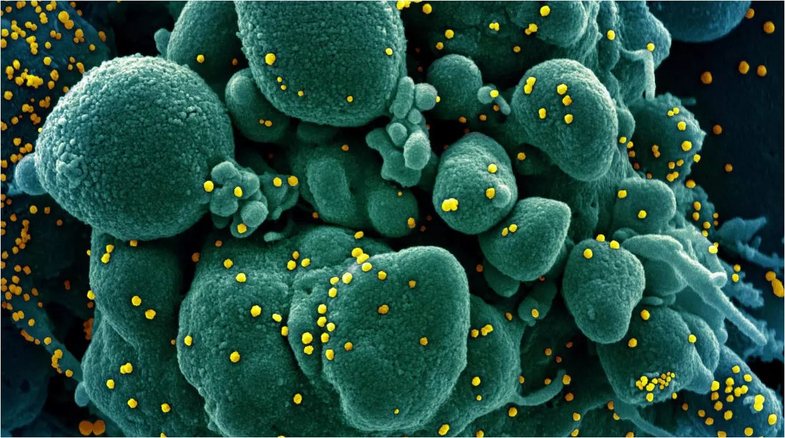
An in-depth study of coronavirus genetics shows that before it was transmitted to humans, the virus went through a period of incubation - the time of development of infectious diseases before symptoms appear - in pangolins.
Pangolins are sold as food in China and have long been one of the main suspects in terms of a possible source of pandemic. However, researchers, whose research was published in Science Advances (via CNN), say it is still too early to identify pangolins or night bats as a source of pandemic, as a third species may have also played a "hospitable" role. virus, before it is transmitted to humans.
The Duke University team in North Carolina studied strains - a genetic variant or subtype of an organism - of coronaviruses that infect night bats and pangolins and noticed that they resemble the Covid-19 virus.
"In our study we really demonstrated that SARS-CoV-2 has an evolutionary history that involves the reorganization of genetic material between pangolins and bats before gaining the ability to infect humans," said Elena George, a staff scientist who worked on the study.
"What matters is the fact that humans need to reduce contact with wildlife that can transmit new infections," they concluded.





